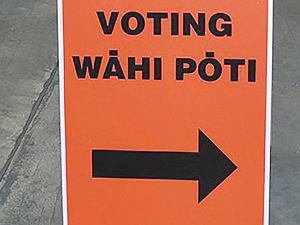The right to elect should include the right to eject, explains Jordan Williams, executive director of the New Zealand Taxpayers’ Union.
OPINION: Sir Winston Churchill said that democracy is the worst form of government except for all those other forms that have been tried from time to time.
He is right, but not for the reason opinion leaders now pontificate.
In modern times democracy is lauded for its ‘representation’. But if that were true, surely we’d want a system better at picking the best and brightest to ‘represent’ us. No, it’s not the representation that makes democracy great, it’s the opposite: the ability to sack our elected leaders – to ‘kick the buggers out’.
But as we’ve seen so often in local government, the chance to kick the underperforming, the dishonest, or the lame ducks out does not come round enough.
Voter recall options are gaining popularity overseas and it’s time New Zealand had the conversation. That’s why the Taxpayers’ Union has launched a proposal with other ratepayer groups advocating for the introduction of recall elections at all levels of local government, including District Health Boards.
A motion to recall an elected official would need the signatures of at least ten percent of voters in that official’s constituency. This is called the trigger threshold. If the threshold is reached, there will be a poll to determine if the representative should be recalled. If recall is supported by a majority, a by election would occur. A recall option would improve democratic accountability by holding officials to account directly. When a local politician ignores public sentiment, misbehaves, or breaks an election promise, they would risk having to face the people again, prior to the next scheduled poll. The policy would enable voters to have a say within a term of office, rather than just at election time every three years.
It affirms the basic concept of “sovereignty of the people”. The right to elect should include the right to eject.
We propose some constraints, such as not allowing for a recall to be triggered within six months of a scheduled election and preventing the same official facing a recall election within six-months of winning an earlier poll. We also suggest the term of local government bodies could be extended by one year to four years, once the safety mechanism of recall elections is in place.
It’s time to return the power to the people and ensure that our elected officials have voters firmly in mind as they exercise their civil decision making on behalf of us all.
The joint proposal paper, ‘Recall Elections for Local Government’, is available to read at www.taxpayers.org.nz/recall_paper
• Jordan Williams is executive director of the New Zealand Taxpayers’ Union.











